The consternations over ESPN’s perceived SEC bias have reached a fever pitch recently. They were given some legitimacy when Nebraska coach Bo Pelini said the ESPN/SEC relationship was not good for college football. That came on the heels of #FSUTwitter conspiracy theories that ESPN was out to get Florida State and Jameis Winston and threats of GameDay boycotts.
The claims of ESPN’s SEC bias have been around for years, even before the creation of the SEC Network. But finally, after the events of the last two weeks, someone at ESPN finally spoke out against it.
That someone was College GameDay host and lead play by play man Chris Fowler, who delivered this editorial at those who accuse ESPN of having a pro-SEC agenda.
Fowler makes some excellent, logical points in that declaration as you would expect from someone of his great respectability. It is better and healthier to have all regions of the country represented. It would be better for college football if the Big Ten wasn’t a barren wasteland.
But calling skeptics and critics of ESPN’s relationship with the SEC “stupid” and “uninformed” might be going too far.
People should question ESPN’s business relationships. They should hold ESPN to account. We’re talking about a company that is worth more than most of the major sports leagues in this country combined. To let their power and influence go unchecked would be irresponsible for anyone who does not work for the four letters. How quickly we forget the claims of the Boston College AD who had to backtrack from claims ESPN was pulling the strings of realignment.
Here’s the truth of the matter – there is a strong perception that ESPN has an SEC bias. Whether it is actually a reality or not. And ESPN gives these skeptics plenty of ammunition.
When College GameDay visits an SEC school four weeks out of five, it’s going to create the perception of bias. When ESPN creates the SEC Network and promotes the conference throughout all its college football offerings, it’s going to create the perception of bias. When ESPN employs analysts who clearly have it in for some schools, it’s going to create the perception of bias.
Are there conspiracy meetings every week? Do Corso and Herbstreit get together and talk about how they can advance the SEC agenda every week? Does Chris Fowler personally pressure AP pollsters into keeping Alabama and Auburn above Oregon? You can be 99.9% sure this doesn’t happen. As we’ve stated before, ESPN also has business relationships with the ACC, Big 10, Big 12, Pac 12, and nearly every other conference in college football. To completely throw those relationships away would be ludicrous.
However, in a 24/7 Sports poll this week, over 81% of respondents said ESPN had an SEC bias. Are all of those people stupid and uninformed? ESPN’s SEC bias might not be reality, but it certainly is perception. And sometimes, those have equal importance.
(Video via @robtoml_statman)

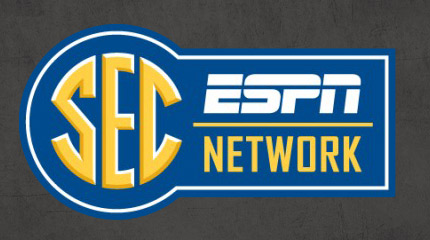
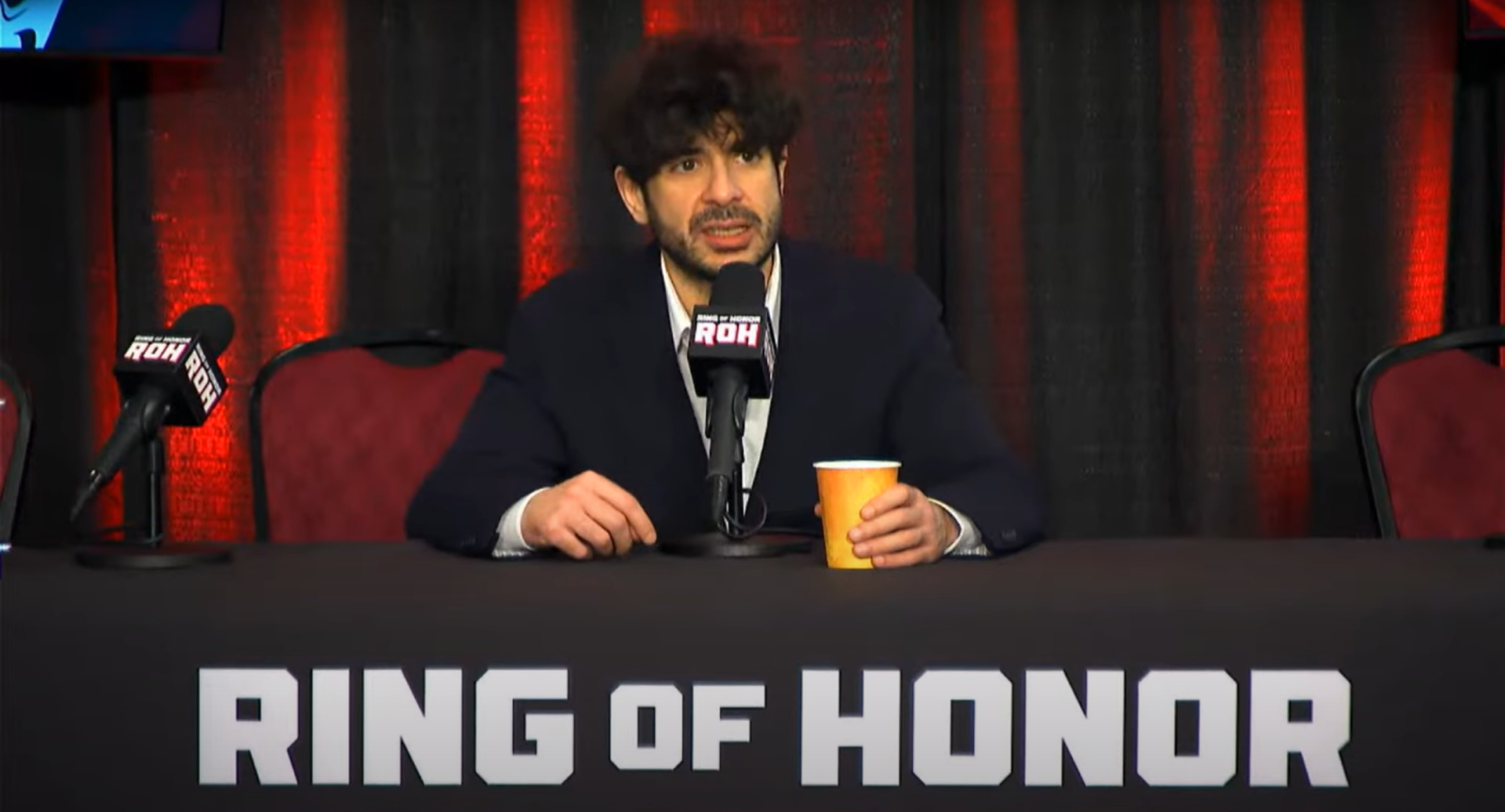

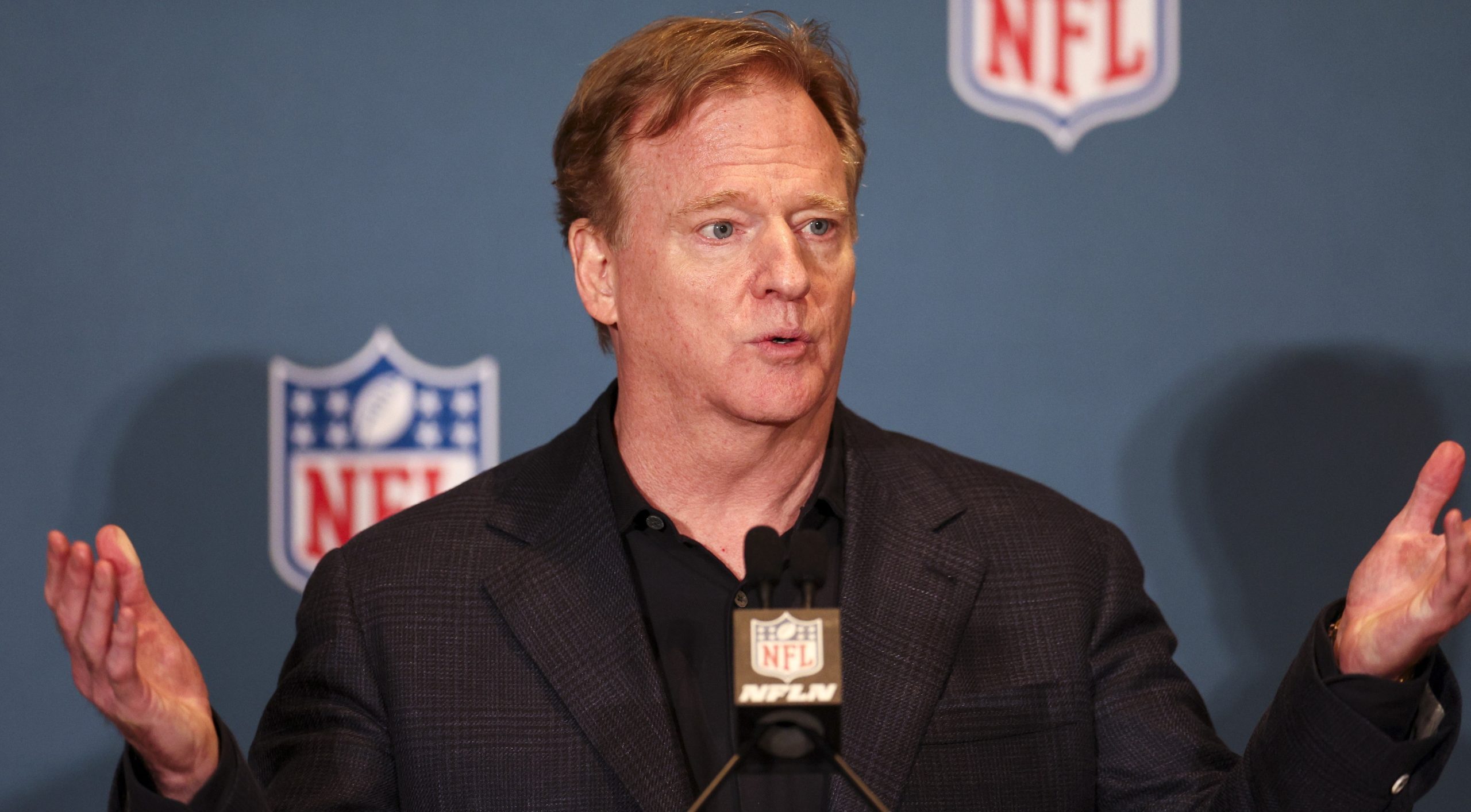
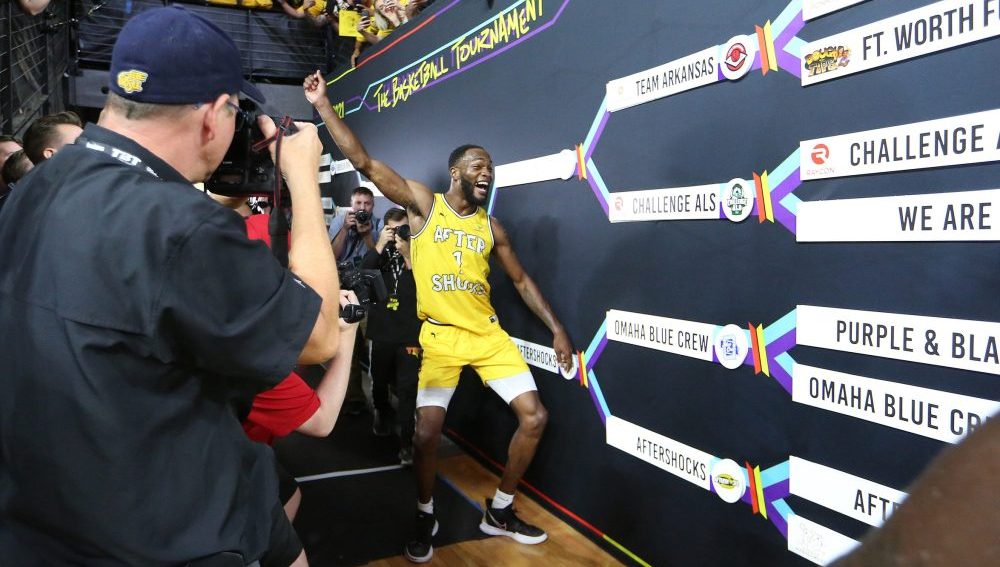
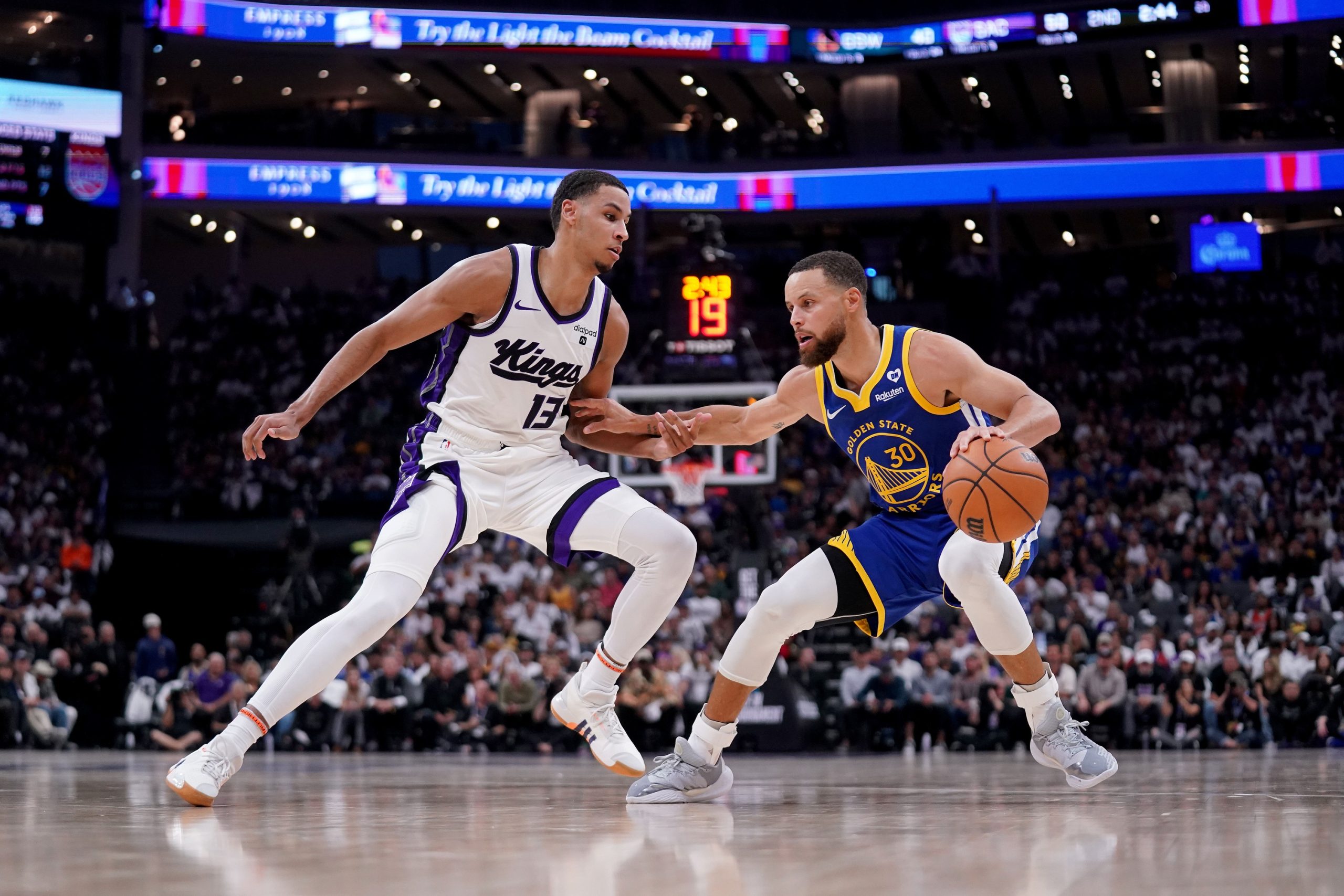
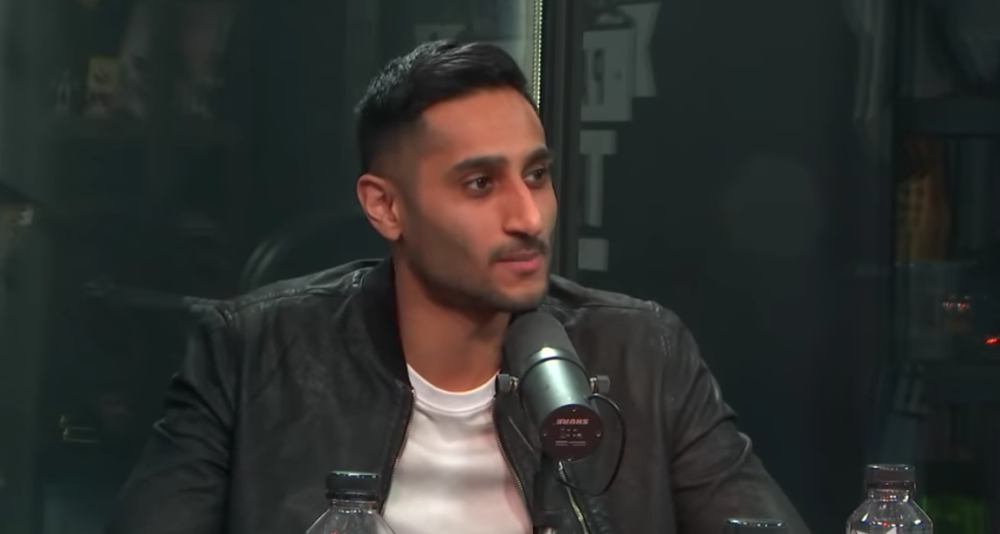
Comments are closed.